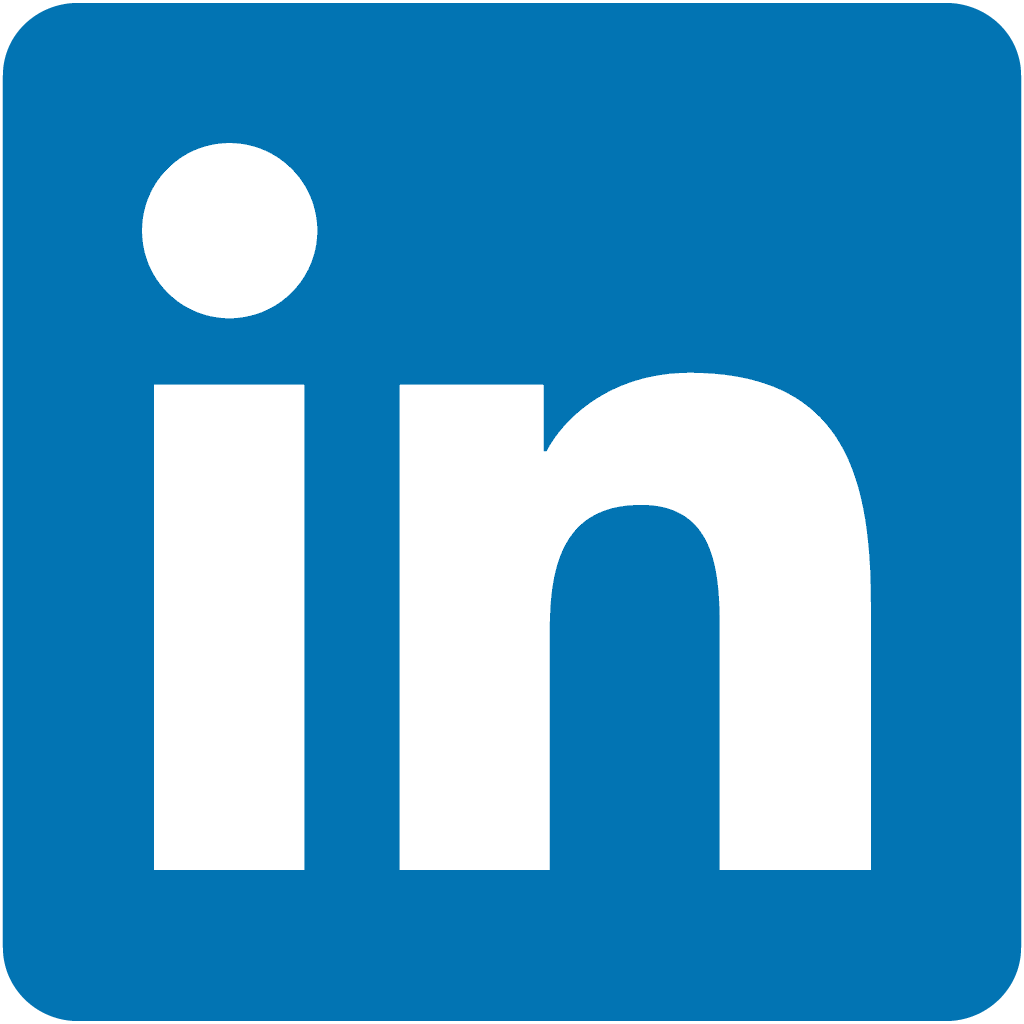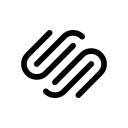Consulting Fashion Entrepreneurs After Quitting My Corporate Job [$900K/Year In Revenue]
Hello! Who are you and what business did you start?
Hello everyone! My name is Alice James and I am the founder of Alice James Global(AJG), a fashion brand consulting firm that helps brands of all sizes with any and every step of running their business.
AJG was built by assisting entrepreneurs looking to bring their ideas to life. In addition to startups, we now support larger brands by offering them a team of experts for the cost of one salary.
From starting out of my daughter’s bedroom on my own 6.5 years ago to now having a team of 11 women supporting over 30 brands per month, I never could have imagined what this business could do.
We’ve helped over 8 Shark Tank brands and managed large-scale brand collaborations with Target, Nordstrom, and HomeGoods to name a few. Our annual growth has averaged a 60% increase over the last three years.































